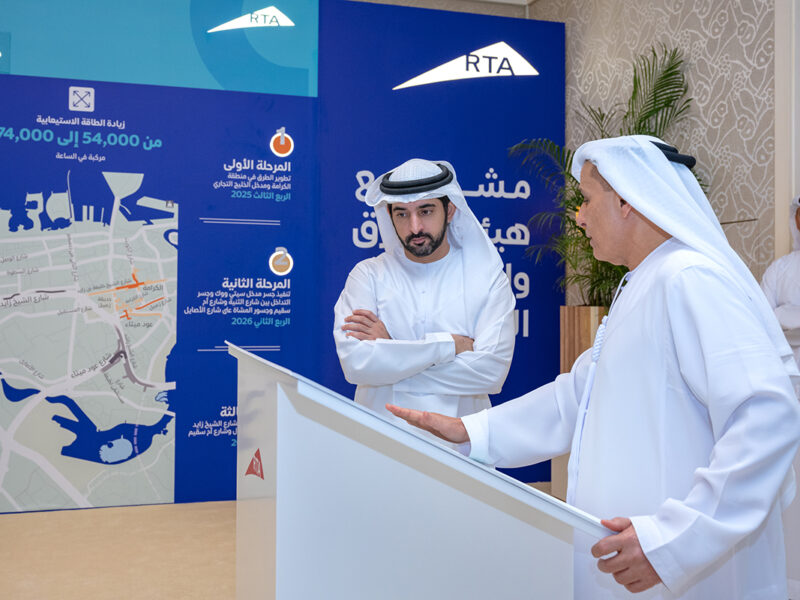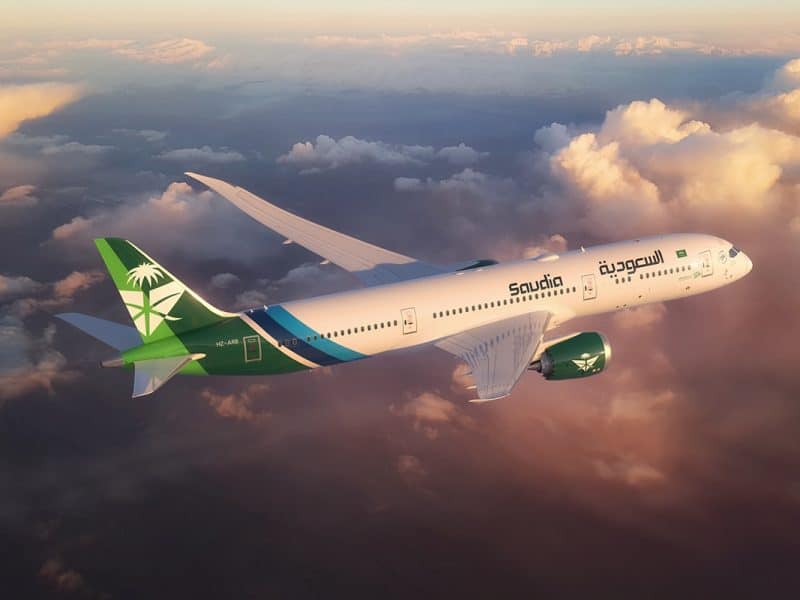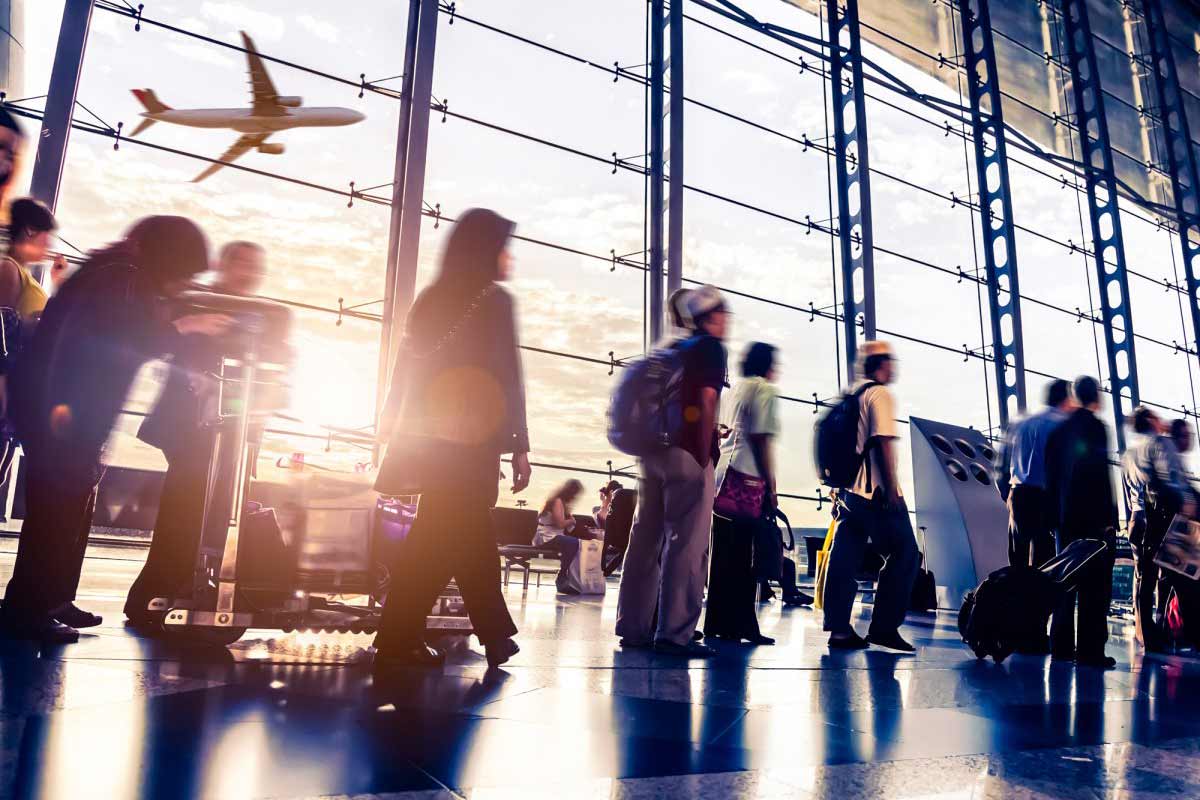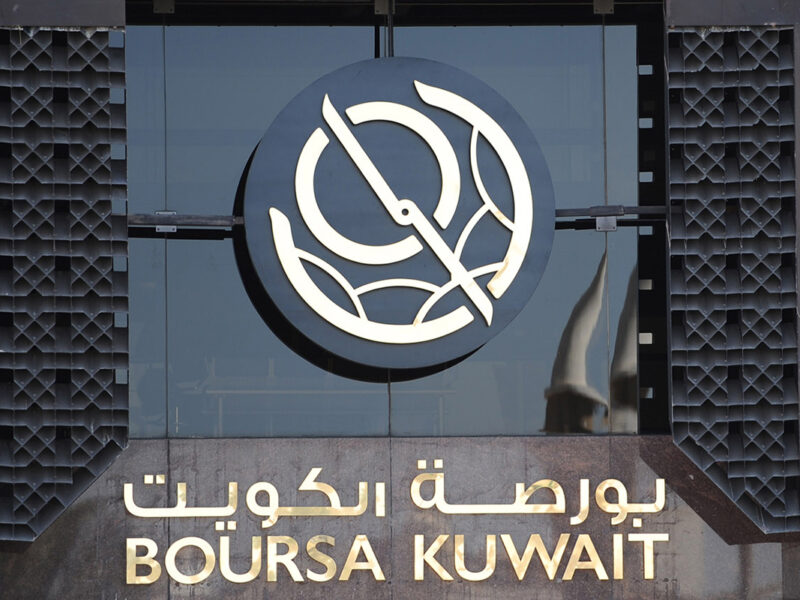The International Air Transport Association (IATA) has called for the rapid adoption of digital identity technologies to enhance aviation security and operational efficiency.
Government and industry stakeholders in aviation security discussed this at the Sydney Leaders Week Conference, supporting the implementation of Verifiable Credentials (VC) and Decentralised Identifiers (DIDs).
Sydney Leaders Week, hosted by Qantas, is attended by industry experts and government representatives from Australia, Canada, China, New Zealand, the UK, and the US, IATA said in a statement on Wednesday.
IATA’s one ID initiative to enhance passenger verification
IATA stated that digital identity can contribute to aviation security in several ways, including reducing fraud and unauthorised access, enabling secure cross-border identity verification, and streamlining document verification.
“Global cooperation keeps flying secure. Adopting Verifiable Credentials and Decentralised Identifiers standards is a natural next step in reinforcing security, trust, and efficiency. Every aviation stakeholder wants flying to be even more secure—which crosses geopolitical divides. The technology is ready and proven. We now need to take the momentum of this meeting and work towards obtaining a recommendation at the upcoming ICAO assembly later this year,” Nick Careen, IATA’s Senior Vice President, Operations, Safety and Security said.
Aviation security leaders at the conference identified key actions for governments to support digital transformation.
These include incorporating VC and DID technologies into security frameworks, aligning with ICAO Annex 17 and Aircraft Operator Security Programs (AOSP), and integrating aviation digital identity solutions into national strategies.
Other recommendations included allocating resources for capacity building and increasing stakeholder engagement through education and outreach.

IATA is promoting its One ID initiative to establish globally interoperable digital identity standards.
One ID allows passengers to verify travel documents before departure and use biometric recognition instead of physical documents. The initiative aligns with ICAO’s Digital Travel Credential to ensure compliance with global regulations.
IATA is also working on its Aviation Security Trust Framework, which focuses on regulatory alignment, cross-sector collaboration, and infrastructure development to support the adoption of digital identity in aviation.
Dubai Airports passengers experience seamless travel through smart gate technology
The aviation sector is also seeing digital transformation in other operational areas. In Dubai, smart gates allow travellers to use their passport, Emirates ID, e-gate card, or a QR code for identification and can be accessed by UAE citizens, residents, GCC nationals, and eligible visa-on-arrival passport holders.
According to a statement by the General Directorate of Residency and Foreigners Affairs (GDRFA) in Dubai, “their usage has seen a steady increase since 2017, with the number of passengers using smart gates growing from 5.688 million in 2017 to 7.322 million in 2018, 8.476 million in 2019, and a substantial jump to 13.419 million in 2022. The peak was reached in 2023, with a record of 21.170 million passengers.









